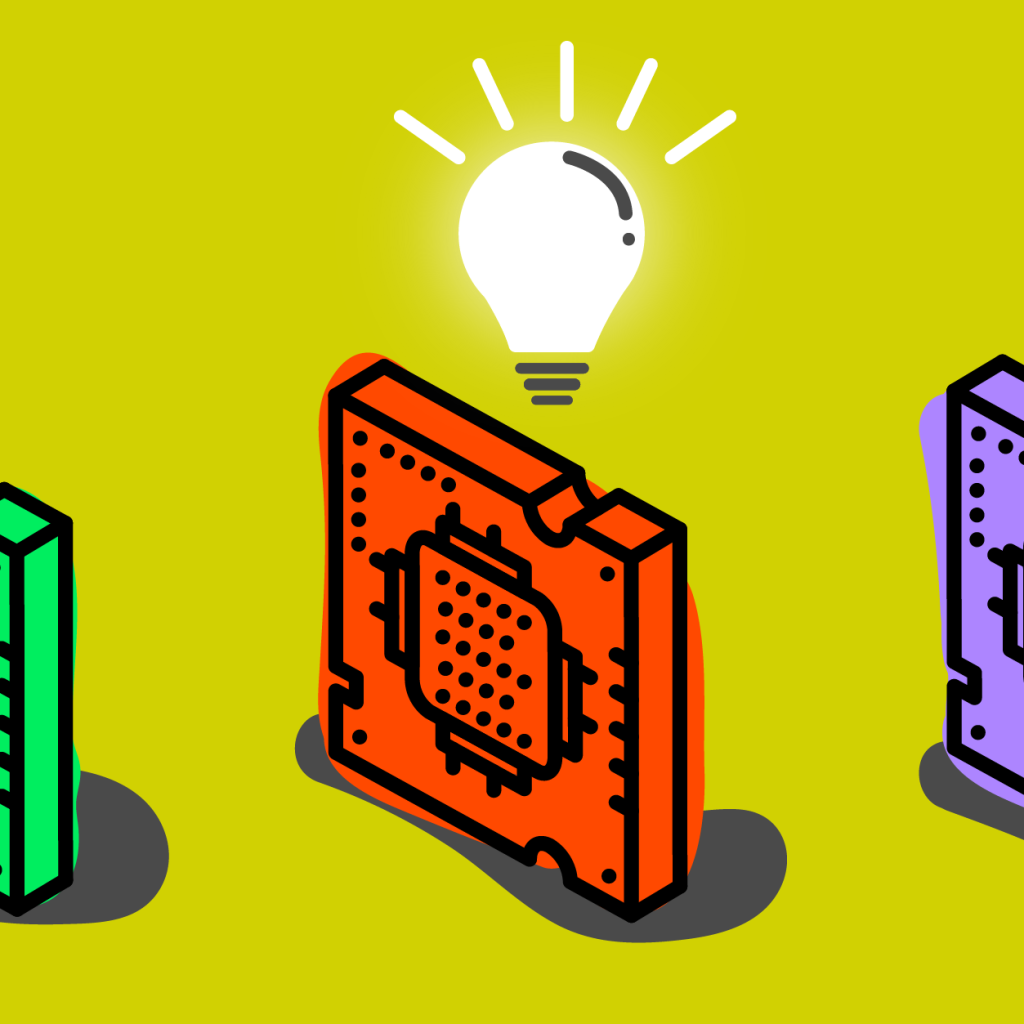In a rapidly evolving tech world, the debate over whether developers should be allowed to use ChatGPT, an advanced AI language model, during interviews has sparked controversy. A recent poll conducted among 5,000 individuals unveiled that 42% of respondents were opposed to the idea of candidates employing ChatGPT during interviews.
Many of these skeptics emphasized the importance of assessing the candidates themselves, rather than relying on AI. But, proponents of this integration argue that AI tools like ChatGPT can significantly enhance developer productivity and deliver superior results, making them an invaluable asset in the workplace. Let’s take a look into the arguments both for and against incorporating AI into developer interviews and its potential impact on the tech industry.
The Case for AI (ChatGPT) Integration in Interviews
The advent of AI technologies has transformed various industries, and the tech sector is no exception. ChatGPT, powered by state-of-the-art AI, has become a valuable tool for developers, aiding them in their day-to-day tasks. With this in mind, proponents of allowing developers to use ChatGPT during interviews put forward several compelling arguments.
Many developers who have embraced AI tools like ChatGPT and Copilot attest to their ability to streamline their work processes. They argue that AI not only makes them faster but also enables them to deliver better-quality work. A developer who has experience with AI tools like ChatGPT and Copilot highlighted their positive influence on work efficiency and quality. According to them, the utilization of these AI tools has led to increased speed and improved work outcomes, suggesting that AI can be an integral component of enhanced performance. This increased productivity can translate into tangible benefits for companies, making it a valuable asset during the hiring process.
An experiment conducted earlier illustrates that individuals using GPT-4 completed tasks more quickly and with higher quality compared to those without AI assistance. This data underscores the potential for AI to enhance the performance of developers, a factor that many companies may find appealing in potential hires. This data underscores the potential for AI to enhance the performance of developers, a factor that many companies may find appealing in potential hires.
In a competitive job market, companies are eager to identify candidates who can excel in their roles. Some argue that allowing candidates to use ChatGPT in interviews provides an opportunity to see their best version. This approach focuses on assessing how far candidates can push their capabilities rather than handicapping them by restricting AI usage.
The Case Against AI Integration in Interviews
While there are compelling arguments in favor of using AI during developer interviews, critics raise valid concerns and counterarguments.
A significant portion of those surveyed expressed reservations about candidates using ChatGPT during interviews. They argue that interviews should primarily serve as a means to assess an individual’s skills and abilities, rather than their proficiency in utilizing AI tools. Critics fear that overly relying on AI could dilute the authenticity of interviews and undermine the assessment of genuine talent.
Another concern is the risk of candidates becoming overly reliant on AI. Some argue that if candidates are allowed to use AI tools during interviews, it may foster a dependency that carries over into their work, ultimately hindering their problem-solving and critical thinking skills. This concern centers on the belief that developers should possess a strong foundation of skills and knowledge rather than relying on AI as a crutch.
The debate surrounding the integration of ChatGPT and AI into developer interviews continues to provoke discussion within the tech industry. Advocates highlight the potential for increased productivity, performance enhancement, and the evaluation of candidates’ best abilities, as seen in this tweet. Conversely, critics emphasize the importance of assessing individual skills and the risk of fostering dependency on AI. As the industry evolves and adapts to AI technologies, the ultimate outcome may depend on how effectively companies strike a balance between leveraging AI’s advantages and preserving the authenticity of their evaluation processes.






